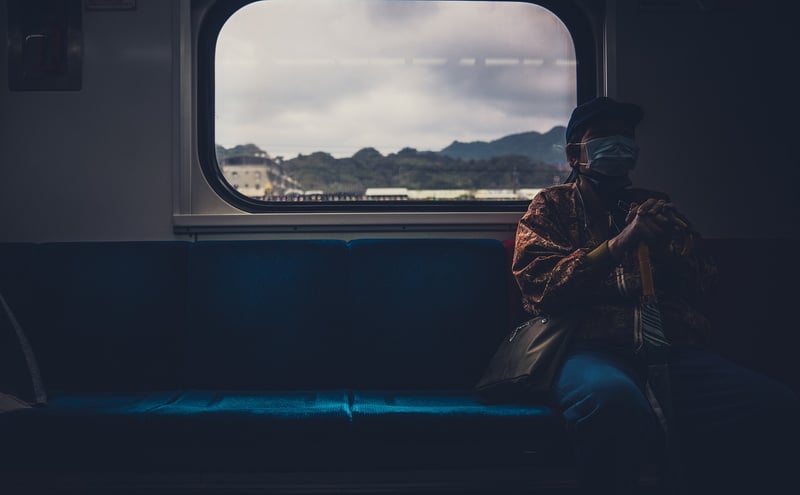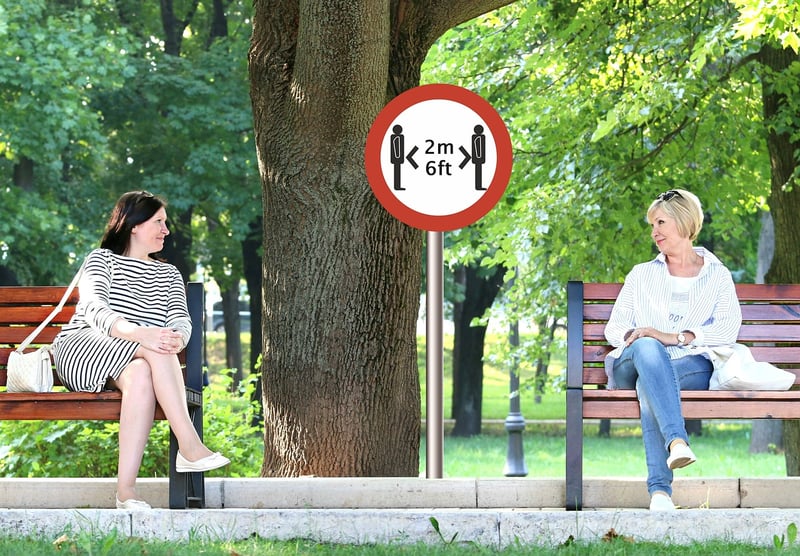Safety Guidelines
Travel Advice and Safety Guidelines
Introduction
Traveling to new destinations can be a rewarding and enriching experience. However, it's essential to prioritize safety and be prepared for any unforeseen circumstances. This guide provides practical advice and safety guidelines to ensure a smooth and enjoyable travel experience.
1. Research Your Destination
Before you embark on your journey, take the time to research your destination. Learn about the local culture, customs, laws, and any travel advisories that may be in place. Understanding the destination will help you navigate effectively and respect local traditions.
2. Pack Wisely
Make a checklist of essential items to pack for your trip. Include necessary documents such as passports, visas, travel insurance, and emergency contact information. Pack appropriate clothing for the destination's weather and any specific activities you plan to engage in.
3. Stay Connected
Ensure you have access to communication devices such as a mobile phone with local SIM cards or international roaming services. Share your travel itinerary with family or friends and stay in touch regularly. Familiarize yourself with local emergency numbers.
4. Be Mindful of Your Belongings
Keep your valuables secure at all times. Use a money belt or a hidden pouch to carry essentials like money, passports, and cards. Be cautious of your surroundings and avoid displaying expensive items in public places.
5. Health and Safety
Prioritize your health by staying hydrated, getting adequate rest, and following safety protocols. Research any required vaccinations or health precautions for your destination. Carry a basic first aid kit for minor emergencies.
6. Respect Local Customs
Respect the local culture and customs of the destination you are visiting. Dress modestly if required, adhere to local traditions, and be mindful of your behavior in religious or sacred sites. Learning a few phrases in the local language can also enhance your experience.
7. Emergency Preparedness
Familiarize yourself with emergency exits in your accommodation, public places, and transportation hubs. Have a plan in case of natural disasters, political unrest, or medical emergencies. Register with your embassy or consulate for assistance if needed.
Conclusion
By following these travel advice and safety guidelines, you can make the most of your trip while prioritizing your well-being and security. Remember to stay informed, be prepared, and embrace new experiences responsibly.

For more travel tips and information, visit Travel.State.Gov.
